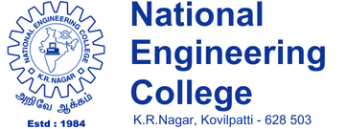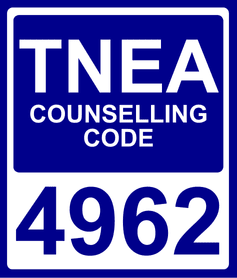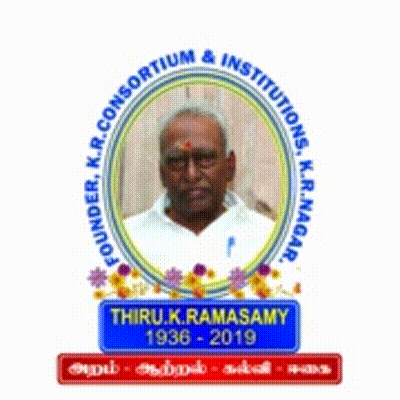HoD’s Desk
Our CSE department was established in the year 1984 and offers a conducive learning and research environment with the aim of transforming the life style of rural students with quality education and higher-level career settlement. We have dedicated and quality faculty members with well-maintained state-of-art academic and research laboratories. To enlighten their knowledge our curriculum is periodically upgraded with emerging trends to bridge the industrial gaps. Well established In-house incubation centres to inculcate the industrial practices at their accessibility well-in advance. Students excel themselves in International and National level competitions, hackathons and groom their soft skills with the care and affection of our mentors. We are thankful for our stakeholders (Alumni, Parents, Academic & Industrial experts) who are guiding and shaping us towards excellence.
VISION
- To produce globally competent, innovative and socially responsible computing professionals
MISSION
- To provide world-class teaching-learning and research facilities.
- To stimulate students’ logical thinking, creativity, and communication skills effectively.
- To cultivate awareness about emerging trends through self-initiative.
- To instill a sense of societal and ethical responsibilities.
- To collaborate with industries and government organizations.
Salient Features
Accreditations & Recognitions- B.E. CSE is accredited by NBA, New Delhi, since 2006.
- NVIDIA DLI ambassadorship
- Zonal Partner under leadingindia.ai (up to Mar 2021)
- Highly motivated and well experienced faculty members.
- 12 faculty members who hold a Doctorate.
- Student teacher ratio has been consistently maintained around 1 to 15.
- Department has well-equipped and spacious laboratories.
- 24/7 Wi-Fi connectivity.
- Established research center for Image Processing.
- Classroom with ICT tools like Smartboard, wall mounted projectors, smart TV, interactive display board, A-View systems, Document Cameras, and Wacom tablets for enhancing the teaching learning process.
- Department has separate Library with over 1000 books.
- OBE based academic planning before the start of semester by conducting course committee meetings.
- Meticulous student mentoring system.
- Faculty mentoring through focus group heads.
- Quality assurance through moderation process and academic audit.
- Consistent placement (above 95%) and good internship records.
ACADEMIC PROGRAMMES
UG – B.E. Computer Science and Engineering
Establishment Year – 1984
Student Strength = 134+128+127 = 389
PG – M.E. Computer Science and Engineering
Establishment Year – 2002
Student Strength – 6+11 = 17
PhD Research Centre
Establishment Year – 2006
Scholars:
Full time – 1
Parttime – 12
Awarded – 31 (since 2010)




